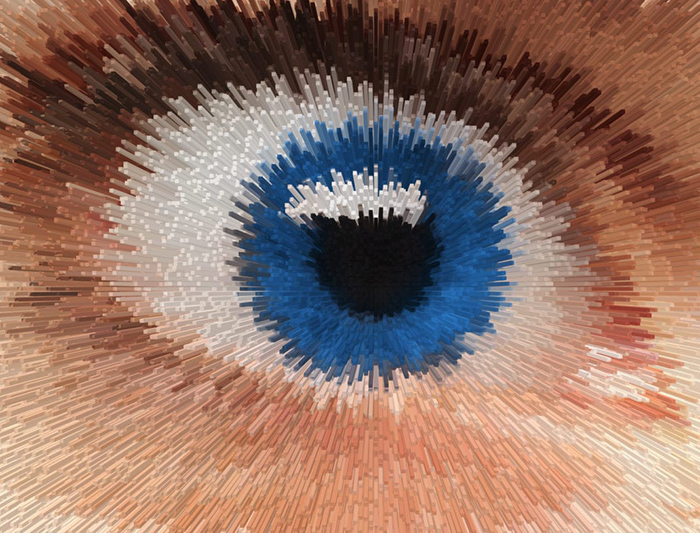Signs and Symptoms
Glaucoma is often called the “silent thief of sight” because in its early stages it often does not cause symptoms. As the disease worsens, side vision will gradually fade, focusing on objects will become more difficult, halos will appear around light and, without treatment, straight-ahead vision will be lost as well.
Eye doctors can diagnose glaucoma before any symptoms occur. A simple eye exam can rule out most people who do not have glaucoma. After the eye exam, a doctor might decide that a special test called a visual field test is needed. Having these tests regularly can help detect glaucoma in its early stages before any vision loss.
Glaucoma can affect anyone, but genetics and family history play an important role. The American Academy of Ophthalmology recommends eye examinations at least every one to two years for:
- African Americans and Latinos over age 40
- Anyone over age 65
- People with a family history of glaucoma
- Individuals who have experienced a serious eye injury
- People with diabetes (yearly exams are recommended)
Childhood Glaucoma
Childhood glaucoma is relatively rare but is the leading cause of blindness in children, especially in developing countries. It can occur at birth or within the first few years of life and requires multiple procedures and lifelong follow-up.
Glaucoma Treatment Options
There are treatments for glaucoma that can help slow or stop vision loss. Glaucoma treatment can include eye drops to either reduce the formation of fluid in the eye or to increase how quickly it flows out. Laser surgery or microsurgery may also be an option for treating glaucoma.
Early detection of glaucoma gives patients the best chance to keep good vision. Since damage cannot be undone, it is important to have regular eye exams and checkups. Protect your vision by scheduling an appointment with an Emory Eye Center doctor today.
Make an Appointment
To make an appointment, please call, 404-778-2020.
About Emory Eye Center
Emory Eye Center is the largest, most comprehensive eye care center in Georgia, serving patients for nearly 150 years. Emory Eye Center has a nationally recognized team of physicians and scientists who work closely on the study and treatment of glaucoma.
Emory Eye Center’s Glaucoma Research
The Emory Eye Center is on the forefront of glaucoma research and is constantly translating new findings into treatment. Eye Center researchers are working on several glaucoma clinical trials, studying the genetic causes of glaucoma, and working to put in place glaucoma treatment in clinics around the world.
Additional Resources




